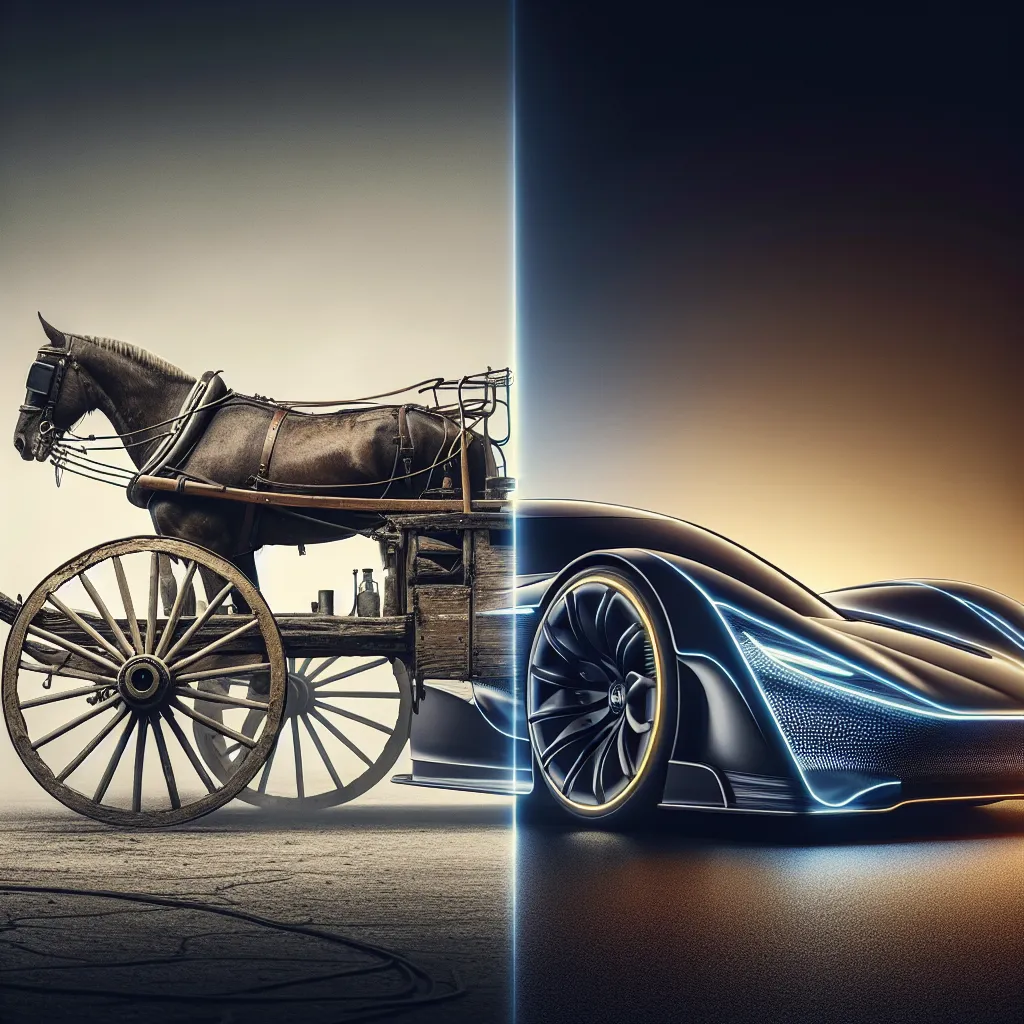The Historical Shift: From Horse-Drawn Carriages to High-Speed Racing Cars
Throughout history, the evolution of racing technology has witnessed a remarkable shift from the traditional horsepower of horse-drawn carriages to the cutting-edge electric power of modern racing cars. The journey began with the reliance on horses to propel carriages, marking the early days of transportation. As time progressed, the industrial revolution brought about significant advancements in engineering and machinery, paving the way for the development of early racing cars. These vehicles, powered by internal combustion engines, sparked a new era of high-speed racing and automotive innovation.
The transition from horse-drawn carriages to high-speed racing cars represents a historical shift in technological prowess and engineering ingenuity. From the raw power of horses to the precision engineering of internal combustion engines, the evolution of racing technology has continually pushed the boundaries of speed, efficiency, and performance. As we look towards the future, the emergence of electric power in racing cars signifies a new chapter in the ongoing evolution of racing technology, emphasizing sustainability and eco-friendly innovation as key drivers of progress.
Revolutionizing the Track: The Emergence of High-Performance Engines and Aerodynamics
Revolutionizing the track: The emergence of high-performance engines and aerodynamics has been a key aspect in the evolution of racing technology. As the demand for faster speeds and greater efficiency grew, engineers and designers in the motorsport industry turned their focus to developing engines that could deliver impressive horsepower while still maintaining reliability. This led to the introduction of cutting-edge technologies such as turbocharging, supercharging, and advanced fuel injection systems, all aimed at maximizing power output. Furthermore, aerodynamics played a crucial role in enhancing the performance of racing vehicles. The use of wind tunnels and computational fluid dynamics allowed for the optimization of vehicle designs, resulting in improved downforce and reduced drag. These developments not only revolutionized the way racing cars performed on the track but also influenced the design of road cars, ultimately contributing to advancements in automotive technology as a whole.
The Future of Racing: Electric Power and Sustainable Innovation
As the world continues to prioritize sustainability and environmental consciousness, the future of racing technology is undergoing a significant transformation. One of the most notable shifts in the racing industry is the increasing focus on electric power and sustainable innovation. The emergence of electric racing vehicles reflects a broader trend towards eco-friendly practices and the reduction of carbon emissions in the automotive sector.
Electric racing technology has the potential to revolutionize the sport, offering high-performance capabilities while minimizing environmental impact. With advancements in battery technology and electric powertrains, racing vehicles are becoming increasingly efficient and powerful. The development of electric racing cars is not only changing the dynamics of racing competitions but also serving as a catalyst for innovation in the automotive industry as a whole.
In addition to the technological advancements, the growing popularity of electric racing is also shaping the fan experience. Spectators are witnessing a new era of racing that aligns with sustainability goals, making the sport more appealing to environmentally conscious audiences. The shift towards electric power in racing is not just a trend; it represents a fundamental evolution towards a more sustainable and eco-friendly future for motorsport.
As electric racing technology continues to mature, it is expected to drive further advancements in sustainable innovation, influencing the broader automotive landscape. The integration of renewable energy sources, development of more efficient electric powertrains, and the pursuit of sustainable materials are all contributing to a new era of racing technology. The future of racing is electric, and it holds the promise of not only thrilling competitions but also a greener, more sustainable approach to motorsport.

